Worst time in history to buy a house!
ShadyWillowFarm
5 months ago
Featured Answer
Sort by:Oldest
Comments (39)
HALLETT & Co.
5 months agoConnecticut Yankeeeee
5 months agoRelated Professionals
Panama City General Contractors · Wright General Contractors · Caledonia Interior Designers & Decorators · Struthers Interior Designers & Decorators · Windham Landscape Architects & Landscape Designers · Gary General Contractors · Muskogee General Contractors · Pinewood General Contractors · River Edge General Contractors · San Bruno General Contractors · Buffalo Home Stagers · Poquoson General Contractors · Watertown General Contractors · Sun Valley Home Builders · Miller Place PlumbersCaroline Hamilton
5 months agolast modified: 5 months agoMaureen
5 months agolast modified: 4 months agopalimpsest
5 months agoworthy
4 months agolast modified: 4 months agomxk3 z5b_MI
4 months agoremodeling1840
4 months agoworthy
4 months agoShadyWillowFarm
4 months agoG W
4 months agosushipup2
4 months agoKitchenwitch111
4 months agoConnecticut Yankeeeee
4 months agoConnecticut Yankeeeee
4 months agoShadyWillowFarm
4 months agobry911
4 months agolast modified: 4 months agomarmiegard_z7b
4 months agomxk3 z5b_MI
4 months agoIluvdark kychns
4 months agoShadyWillowFarm
4 months agobry911
4 months agolast modified: 4 months agoIluvdark kychns
4 months agoIluvdark kychns
4 months agobry911
4 months agolast modified: 4 months agoelcieg
4 months agolast modified: 4 months agoMaureen
4 months agolast modified: 4 months agocpartist
4 months agocpartist
4 months agokevin9408
4 months agolast modified: 4 months agoOlychick
4 months agolast modified: 4 months agoShadyWillowFarm
4 months agoDiana Bier Interiors, LLC
4 months agolast modified: 4 months agomarmiegard_z7b
4 months agocraftlr
4 months agoeinportlandor
4 months agoDiana Bier Interiors, LLC
4 months agolast modified: 4 months agonicole___
4 months ago
Related Stories
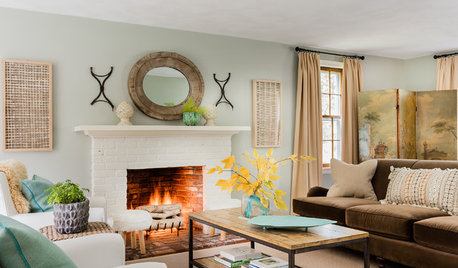
MOVING8 Things to Learn From Open Houses (Whether or Not You’re Buying)
You can gather ideas, get a handle on the market, find an agent and more
Full Story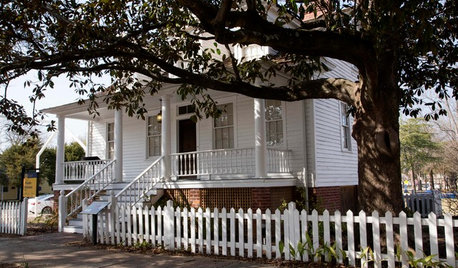
HISTORIC HOMESThe Mann-Simons House: A Home for History
In Columbia, South Carolina, the restored Mann-Simons Site honors centuries of African-American life
Full Story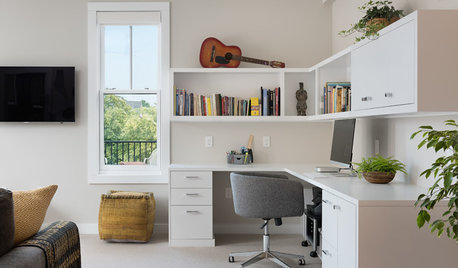
DECLUTTERINGNo Time to Declutter the Whole House? Try These 6 Ideas
Make a fresh start by tackling a few tasks that will revitalize your home and your spirits
Full Story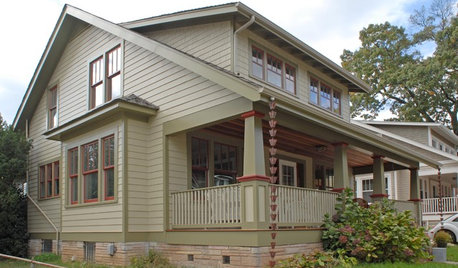
Kit Houses Stand the Test of Time
See how these mass-produced catalog houses have made their way into the modern day
Full Story
LANDSCAPE DESIGNEvoke Mystery and History With Moss in the Garden
Go ahead, lie about age. Moss on garden statues, planters and pavers creates the beautifully deceptive look of time’s passing
Full Story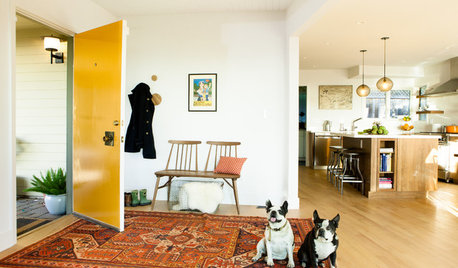
ENTERTAININGWhat to Look For in a House if You Love to Entertain
These 10 things will smooth the way for bringing guests into your home and ensuring a good time
Full Story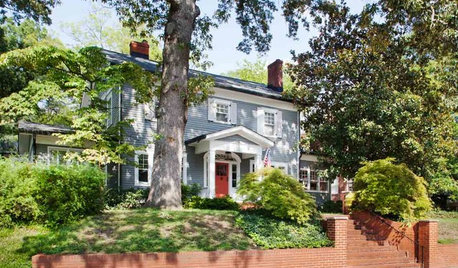
HOUZZ TOURSHouzz Tour: Whole-House Remodeling Suits a Historic Colonial
Extensive renovations, including additions, update a 1918 Georgia home for modern life while respecting its history
Full Story
MOVINGHome-Buying Checklist: 20 Things to Consider Beyond the Inspection
Quality of life is just as important as construction quality. Learn what to look for at open houses to ensure comfort in your new home
Full Story
DECLUTTERING8 Times in Your Life to Take Advantage of a Major Declutter
A new house, job or baby — these and other turning points offer a chance to discard stuff you don’t need or love
Full Story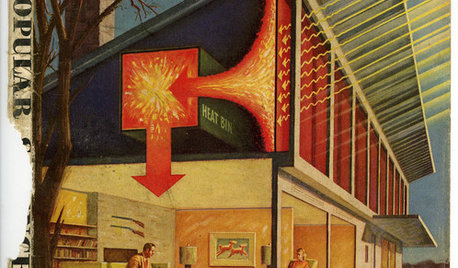
GREEN BUILDINGChampioning the Solar House, From the 1930s to Today
Homes throughout history that have used the sun offer ideas for net-zero and passive homes of the present, in a new book by Anthony Denzer
Full StorySponsored
Columbus Design-Build, Kitchen & Bath Remodeling, Historic Renovations
More Discussions


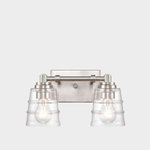



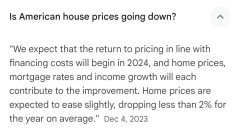
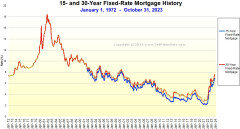
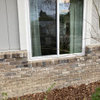

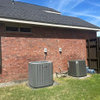
rwiegand